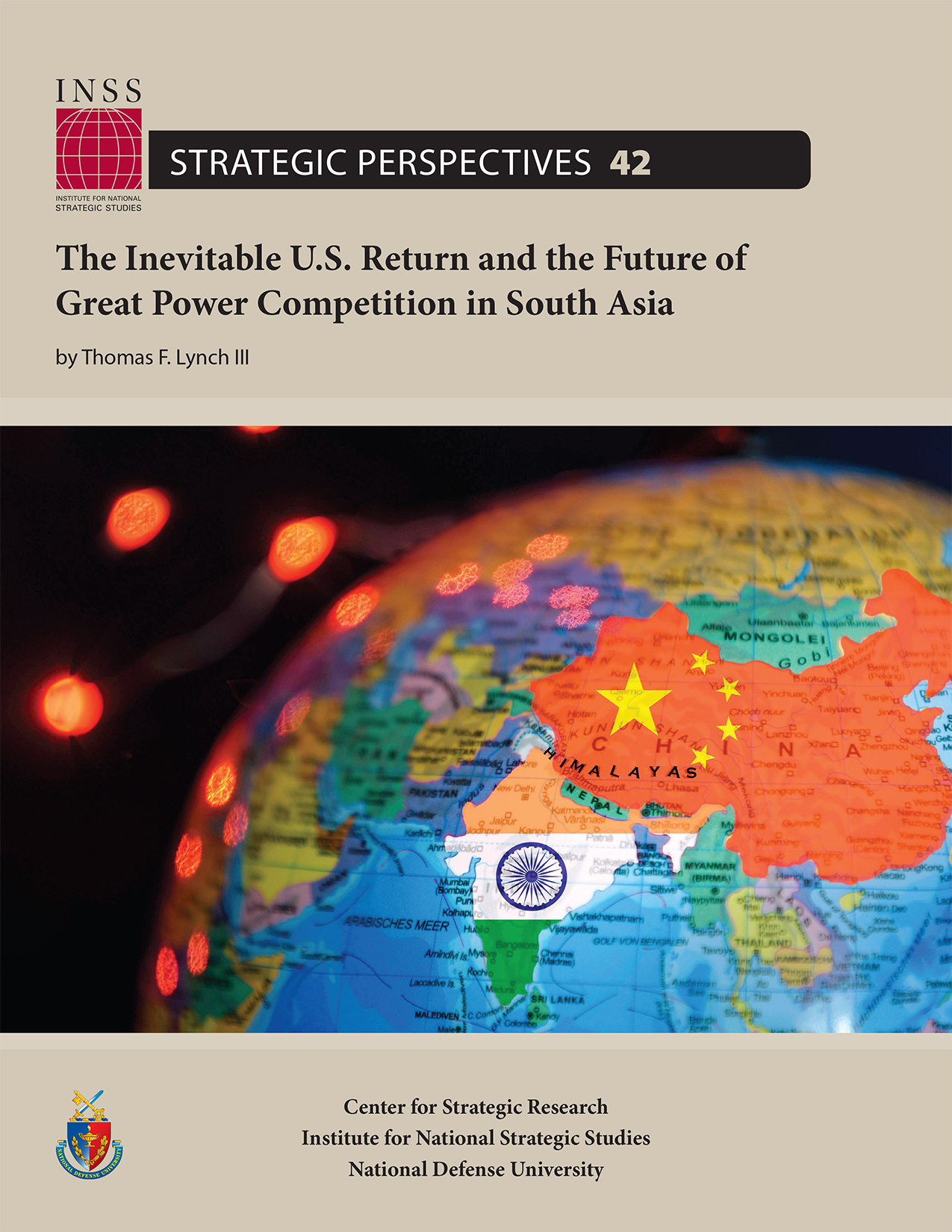Download PDF
Executive Summary

More than a year after America’s painful Afghanistan withdrawal, the future of U.S. and Western security interests in South Asia no longer relates mainly to the terrorism threat from Salafi jihadism, which has receded and reoriented there to be most menacing toward Pakistan and China. Instead, American security interests now require the proper posture for long-term Great Power competition (GPC) with China. Such a posture in South Asia requires patient, persistent growth in the slowly maturing, overt strategic security partnership with India and a quiet regeneration of a transactional one with Pakistan.
The Indo-Pakistani security dilemma will continue to color Indo-Pakistani security perspectives across South Asia. The United States can have no doubts that this situation will persist. Yet Washington and its Indo-Pacific allies can navigate Indo-Pakistani bilateral tensions and enhance a growing geopolitical partnership with India while simultaneously regenerating a limited, tactical counterterrorism modus vivendi with Pakistan. India’s advancement as an important regional security partner against Chinese strategic encroachment has been stolid: slow but steady and without need for major course correction. Pakistan’s role has been rightfully questioned for some time.
But Pakistan now is ripe for cultivation as an American transactional security partner again despite its posture as a historic Chinese strategic partner. Throughout 2022, Pakistan— and particularly its military-intelligence leadership in Rawalpindi—has demonstrated that it seeks to sustain China’s strategic partnership, but not to the point of wearing a Chinese strategic straitjacket. Its behavior is in keeping with its historic pursuit of its own peculiar national security interests by strategic tacking between the United States, the Gulf Arab states, and China. Pakistani leaders in the military and intelligence services today actively seek American assistance and support to balance its increasingly tense economic and security relationships with Beijing. They seek to leverage American technological prowess and to eliminate mutually threatening Salafi jihadist terrorists beyond Pakistan’s reach.
Informed by Pakistan’s emerging transactional political and security needs and by America’s long-term geostrategic interests in posturing to succeed in GPC, Washington should quietly work to collaborate on Pakistan’s residual counterterrorism aims. Washington and its Western partners then can leverage this new posture to improve long-term Western intelligence understanding of China’s geostrategic activities as seen through Pakistan’s eyes. Simultaneously, America should stay the course with India, persistently and patiently pursuing growth of a strategic partnership framed around bilateral and multilateral security interactions that minimize the encroachment of coercive Chinese power in South Asia and the Indian Ocean region.
A failure to recalibrate American strategic posture in South Asia to this bimodal framework soon inevitably risks a more costly and traumatic American return to the region in the future, repeating the post-1947 pattern of full Western retreat and then belated, expensive return.
Read More